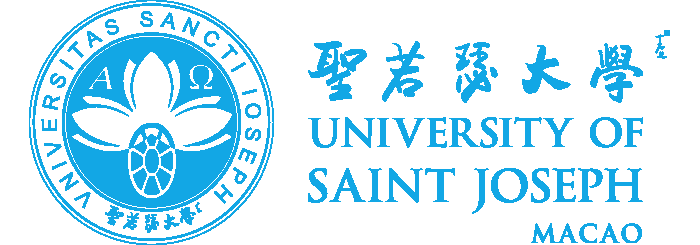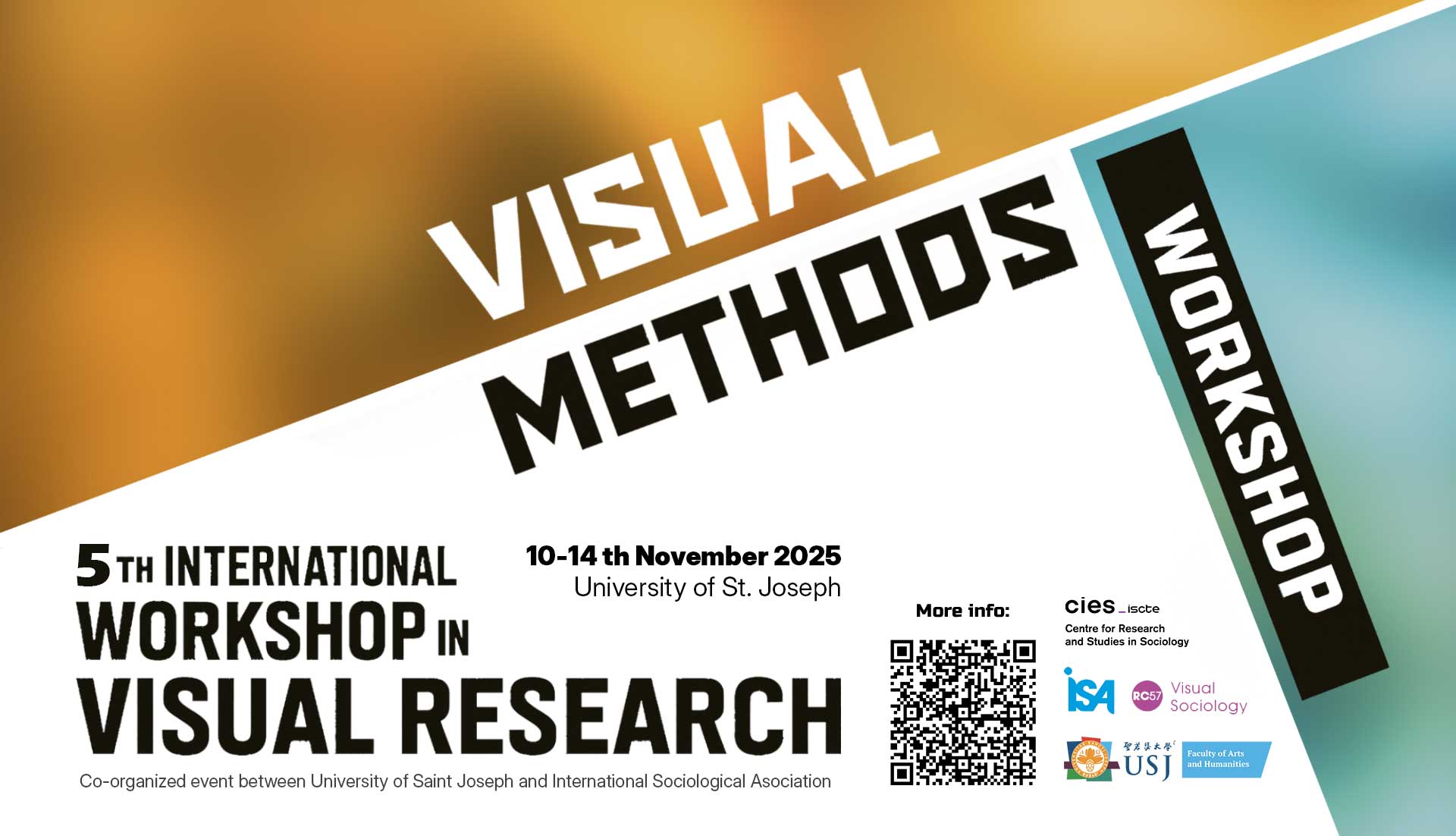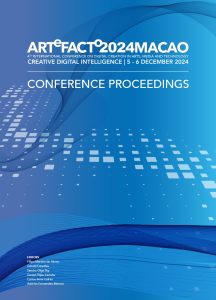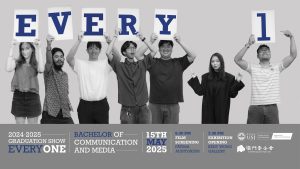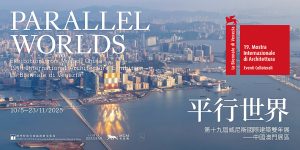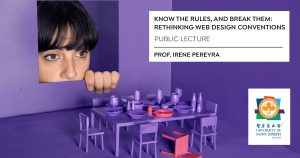Call for Expression of Interest
5th International Workshop on Visual Research for PhD Students and Young Researchers
Dates: 10-14th November, 2025, Macau, China
Venue: University of St. Joseph, Macau, PRC
COST: FREE
This is the fifth edition of the ISA RC57 Visual Sociology Workshop for PhD students and young researchers. This time it will be co-organized by the ISA Research Committee 57 in Visual Sociology, Faculty of Arts and Humanities, University of St. Joseph, Macau and Center for Research and Studies in Sociology (CIES-ISCTE, Portugal). PhD students and young researchers who are interested in adopting and advancing their skills in using image-based research are welcome to send their expression of interest.
The format of the workshop supposes three full days’ intense academic exchanges between participants and attending academics (including three keynote speakers, who will also be the mentors).
The work will be centered around small projects (fieldwork) done in Macau.
The overarching theme of the workshop is Visual Research Methods for Comparative Asian Social and Cultural Studies
Possible subthemes for the workshop fieldwork projects are:
• Sociotechnical Transitions and Environmental Complexity
• (Un)Sustainablity and practices of co-living
• (In)visibility of social inequalities and frictions
• Space making practices, borders
• Coping with space, vernacular heritage, ecologies of spacemaking
• The water as an elemental force in shaping of Macau
• Food practices and Street Life
• Materiality and Cultural Complexity in Macau
• Social practices related to contemporary image production
• Global-local changes and transculturality
• New media and ecology
• Ambience and Diversity of affective fields in Macau
• Tourism, tourist spaces and Vernacular in Macau
The best essays produced by the participants will be submitted for publication in Taylor&Francis journal Visual Studies (two of the organizers (keynotes) are co-editors of the journal).
The workshop is free of charge. Three travel grants of 300 euros each will be given to selected applicants (non-residing in Macau SAR) (covered by ISA RC57).
Please note that the workshop is strictly in-person (no online attendance will be possible). The working language will be English. Participants (residents) from Asian countries are highly encouraged to apply. We welcome participants whose work is grounded both empirically and historically/geographically. Prior experience of using visual methods in research is desirable but not mandatory.
If you are interested in participation, please send your application to Dr. Denis Zuev, using the following email addresses: denis.zuev@usj.edu.mo and tungus66@gmail.com.
Application consists of a) short abstract of your current project, b) short abstract of what you wish to explore in Macau (using visual methods) and c) a short (one page) CV.
The deadline for sending the application is the 25th of July.
The setting:
Macau Special Administrative Region of PRC is a fascinating territory in the south of China. Macau is one of the key gaming hubs in the world. Gaming industry since 2000s has facilitated rapid and sometimes distorted urban development of the territory. As the world’s most densely populated city it is a living laboratory for the study of cultural hybridity, consumerscapes, vertical urbanism, spectacular infrastructure-led urbanism and social inequalities. The city is a tourist hub and has developed transportation, accommodation infrastructure as well as a vibrant university population.
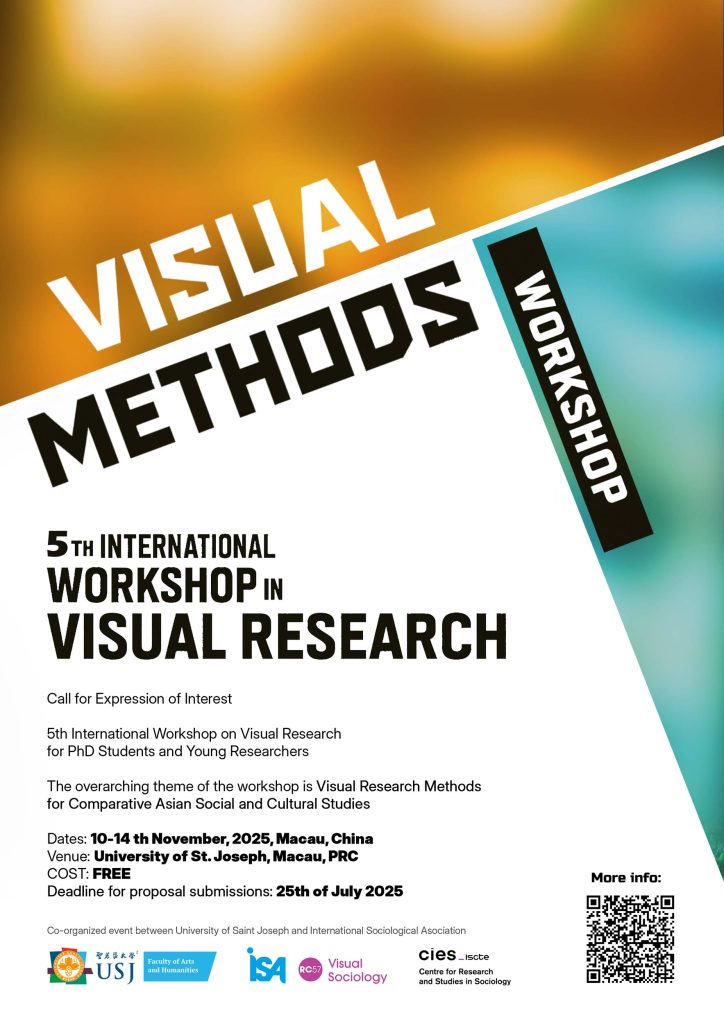
Programme
10 th November. Day 1
16.00 -17.30 Participants get-together. Informal getting to know each other.
Seeing with the feet exercise: A short walk in Fai Chi Kei, one of the few residential
neighbourhoods unaffected by tourism industry in Macau. Meet at 16.00 near the chapel
on campus of University of Saint Joseph, Ilha Verde Campus, guided by Dennis Zuev.
18.00-19.00 Evening Keynote Speech by Gary Bratchford, Birmingham City University, UK
Process based research: Advancing ideas in the field. ONLINE. Don Bosco Auditorium
20.00 – Dinner
11 th November
Day 2. The taste of visually based fieldwork.
9.30 -10.30 Morning Keynote Speech by Prof. Carolina Cambre, Concordia University,
Canada and Vice-President (Research) of ISA, RC57), Representation and Interpretation:
Visual as “data” in the case of the Transform Project, Argentina. Don Bosco Auditorium
10.30-10.45 –Break
10.45-12.00 What is visual research? Interactive roundtable discussion (Carolina Cambre,
Veronica Gregorio (online), Terence Heng (chair: Denis Zuev). Q&A session with all
participants. Don Bosco Auditorium
12.00-13.00 Keynote Contextualizing Macau and visualizing its Affective Atmosphere.
Fieldwork Brief. by Dennis Zuev, University of Saint Joseph, Macau and CIES-ISCTE, Portugal.
Don Bosco Auditorium
13.00-13.30 Lunch
13.30-18.00 Afternoon fieldwork. Session 1. (autonomously)
18.00 -19.00 Evening Keynote, Veronica Gregorio, National University of Singapore, Visual
Culture in the Philippines, (Online), DON Bosco Auditorium.
19.00 -20.30 Discussion and presentations (in groups) on campus (rooms 101,107,108). First
stage of feedback from group leaders, mentors and participants.
12 th November
Day 3. Main fieldwork day.
9.30 -10.30 Morning Keynote Publishing Visually based Research (Dennis Zuev, Co-Editor of
Visual Studies journal and Co-Editor of Palgrave McMillan Social Visualities Series) with
participation of Terence Heng, Don Bosco Auditorium
10.30 -12.00 – Observations and collection of data (continuation of fieldwork) Session 2.
12.00-13.00 Lunch
13.00-16.00 On fieldwork assignments. Session 3.
16.00-18.30 Groups meet for interim presentations and discussions. Second stage of
feedback from mentors and group leaders. Evening preliminary presentations (short
pitches) and encouraging discussion. (Rooms 105,106,107).
18.30-18.45 Break
19.00-20.00, Evening Keynote, Terence Heng, Univesity of Liverpool, UK, Visualizing the
Spiritual Imagination: Case Studies from the East and West. Don Bosco Auditorium
20.30 Dinner
13 th of November
Day 4.
8.30 -10.30 Fieldwork, observations. (Session 4).
10.30-10.45, Break
10.45 – 13.00 Discussion of the ongoing assignments in groups on campus, ongoing
feedback. (Rooms 101, 104,105)
13.00 -13.30 Lunch (USJ Canteen)
13.30-15.00 Concluding afternoon fieldwork and preparation of the presentation (all
presenters 5 min. pitch), Third stage of feedback from mentors and group leaders. (Room
101, 104,105)
15.00-15.15 Break
15.30 – 18.30 Assembly of all groups in one room and final presentations. Don Bosco
Auditorium
18.30-18.45 Break
19.00-20.00 Concluding Evening Keynote by Tobias Kamelski, Lingnan University, Hong Kong,
Ethical Challenges in Visual Research: From Anonymisation to AI Replicas. Don Bosco
Auditorium
20.00 – 21.30 Dinner
14 th of November
Day 5. Fieldtrip in Macau.
Visualizing Industrial Heritage and Touristification in Macau, co-organized by Macau
partners, Sustaincia and Research Lab for Cultural Sustainability.
Meeting Point: 10.00 Iec Long Firecracker factory, Taipa, and proceeding later by local
transport to Lai Zhi Vun Shipyards, Coloane.
13.30 Lunch in Coloane
Dinner: free arrangements
End of the Workshop
INFORMATION ABOUT KEYNOTE SPEAKERS
Gary Bratchford
Title of talk: Process based research: Advancing ideas in the field.
Abstract: The aim of this talk is to prepare scholars to think about their visual practices as
part of an iterative process of ongoing development and knowledge exchange. As reflexive
practitioners, we are better placed to see and understand our development by being
mindful of the steps we have taken, the choices we make and how they have informed our
broader universe of ideas. My hope is to alleviate the tension of working towards the fixity
of an expected outcome and learn to lean into the possibilities of processes that invite
greater interdisciplinarity. Based on tangible examples I will outline how such a process
might be presented as useful and interesting research for specific communities.
BIO: Gary Bratchford is a writer, editor & curator, and an Associate Professor of
Photography at Birmingham City University, UK. Gary co-edits Visual Studies Journal, Visual
Culture in Britian and co-edits the Palgrave Book Series, Social Visualities. Formally president
of the International Sociological Association’s Visual Research Group, Gary explores the
intersections between vision, visibility and the ways in which image-makers engage with
these themes in various contexts and geographies.
Maria-Carolina Cambre
Title of talk: Representation and Interpretation: Visual as “data” in the case
of the Transform Project, Argentina
Abstract: Images and image-making are powerful tools for mobilizing social change. The
TRANSFORM partnership explores visual methodologies to engage young people as key
actors in disrupting gender norms and inequities related to issues of critical importance to
youth. TRANSFORM brings together 40 researchers, 16 partner universities, and 11 partner
organizations across field sites in Nigeria, Sierra Leone, South Africa, Argentina, Mexico, and
India. In Buenos Aires, Argentina, we are using visual research methods to create
exceptional opportunities for the co-production of knowledge. Visual and other arts-based
approaches facilitate alternative spaces for non-linear, affective, and alternative ways of
knowing that pave the way for critical inquiry into a broad range of social issues that are
often difficult to put into words. Work with participant-produced images can advance the
study of the politics, aesthetics, and ethics of the visual in relation to affect and audiences,
while also taking up the work of visual theorists, youth culture theorists, and technological
futures.
Taking the example of Argentina, this talk will consider the role of theories and paradigms of
the visual researcher in terms of how they impact the prices of investigation. Why is it
important to have an operable theory of the image in visual research?
BIO: Professor Concordia University, Montreal, Canada, Vice-President (Research) of ISA,
RC57. Chercheuse associée à IRCAV-Paris. Maria-Carolina Cambre explores questions of the
image, the politics of communication, critical theory and identity by weaving together post-
structural semiotic, anthropological and sociological visual frameworks. Cambre’s research
into vernacular visual expression asks: How do people produce and direct the visual space?
How is the image a doing? What are the social and cultural work/ings of images? She has
published in Tier one journals like: Visual Arts Research; Qualitative Inquiry; Social Media
+Society; and Cultural Sociology. Her monographs include The Semiotics of Che Guevara:
Affective gateways (2015/16), and the co-authored The Filtered Face: Toward a Sociology of
Selfies (2023). And she co-edited Mediated Interfaces: The Body on Social Media (2020) and
Visual Pedagogies: Concepts, Cases & Practices (2022).
Veronica Gregorio
Title of talk: Visual Culture in the Philippines
Abstract: This keynote reflects on the edited volume Visual Culture in the Philippines and its
contribution to visual sociology and interdisciplinary scholarship. The volume demonstrates
how visual culture is never about a single disciplinary field. Paintings, maps, warning signs,
social media posts, and performances all reveal how sociology, anthropology, history,
communication and new media, and urban studies intersect. At the same time, it positions
visual analysis squarely within the sociological project. It shows how visual data can deepen
our understanding of inequality, everyday life and power.
To theorize these engagements, the keynote introduces the Critical Titig-Kinig Framework
(CTKF), a decolonial farmework that combines reflective gazing (titig) with attentive
listening (kinig). Finally, the keynote argues that the Philippines should not be seen as a
peripheral case but as a site of theory. Its visual worlds from Marawi mapping to Instagram
motherhood, from graffiti to macho dancing, provide conceptual insights for global
sociology and visual culture studies. Together, these threads underscore that visual culture
is a powerful lens for rethinking both Philippine society and the broader practice of
sociology.
BIO: Veronica L. Gregorio is a Lecturer at the Department of Sociology and Anthropology,
National University of Singapore. Her research examines agrarian change, kinship, and
gender in Southeast Asia. She has done fieldwork in Philippine, Malaysia, and Indonesia. She
works with visual and multisensory methods to study family, migration, and everyday life.
Veronica is the editor of the edited volume Visual Culture in the Philippines (Palgrave
Macmillan, 2025) and co-editor of several special issues on family and gender studies in the
region.
Terence Heng
Title of talk: Visualising the Spiritual Imagination: Case Studies from East and
West
Abstract: Over the last 13 years I have photographed the reification of spiritual belief in the
form of rituals, processions, mediums, temples and many other official and unofficial sacred
spaces. Starting in a cemetery in Singapore, my use of visual methods has now expanded
into examining overlooked spiritual activities and histories in the United Kingdom. In this
keynote, I will reflect on how visual methods, particularly photography, has enabled me to
visualise two things – the spiritual imagination, and the spaces that arise from such an
imagination – spiritual flowscapes. My photographic approach to spirituality is to think
through materialised points of praxis – moments of action and interaction that produce
sociologically significant images that can be both representative and non-representative. I
will conclude by examining some outputs from this work, including visual essays and visual
monographs.
Bio: Terence Heng is Reader in Sociology at the University of Liverpool. He is the author of
three books including Visual Methods in the Field: Photography for the Social Sciences
(2016) and Of Gods, Gifts and Ghosts: Spiritual Places in Urban Spaces (2020), and co-editor
of two collections – Death and the Afterlife (2024) and Photographic Collections as Visual
Method (Forthcoming). He has published articles and visual essays in journals such as Area,
Cultural Geographies, The Sociological Review and Visual Communication. His current solo
exhibition, The Spirited North (www.spiritednorth.uk), is being staged at the Victoria Gallery
and Museum in Liverpool from October 2025 to March 2026.
Tobias Kamelski
Title of talk: Ethical Challenges in Visual Research: From Anonymisation to AI
Replicas
Abtsract: Visual methods open unique windows into social life, but they also raise difficult
ethical questions. How can researchers protect participants when images often reveal faces,
bodies and environments that are hard to anonymise without stripping them of their
meaning? Traditional anonymisation techniques, such as pixelation, cropping or blurring,
can safeguard privacy but often distort the very qualities that make visual data analytically rich.
The presentation opens with an overview of the broader legal and ethical challenges in
visual research, focusing on tensions between data protection, research transparency, and
the integrity of visual materials. These concerns are compounded by questions of data
ownership, the role of institutional and community gatekeepers, as well as the ethical
complexities involved in using found footage or archival material. In response to these
challenges, AI replicas are introduced as an emerging alternative to traditional
anonymisation methods. With the use of generative AI tools such as Stable Diffusion, it
becomes possible to create synthetic images that preserve key contextual and emotional
qualities while ensuring participant anonymity. The discussion considers both the potential
of this approach to support ethical research practices and the limitations it may entail,
including risks of algorithmic bias and distortion. The discussion also considers ways to
mitigate these risks through thoughtful design and methodological innovation. The
presentation concludes by inviting reflection on how social scientists might reconcile legal
and ethical obligations with the methodological need to retain the richness of visual data.
BIO
Tobias Kamelski is a sociologist specializing in digital subjectivation and platform
subjectivities. His research examines how practices of visual self-(re)presentation in digital
environments, ranging from dating apps and professional networks to AI-generated images
and virtual worlds, produce, negotiate, and contest subject positions. Working at the
intersection of visual, cultural, and digital sociology, he investigates how platform design,
affordances, and fields of value structure the emergence of selves and subjects, and how
mediated practices simultaneously reproduce cultural formations and enable new or
contested subjectivities.
Tobias Kamelski received his PhD from Lingnan University in Hong Kong. His PhD project
analyzed online dating profiles across 13 countries, examining how visual self-
representation constructs attractiveness and how culture, gender, and sexuality shape these
practices.
Denis Zuev
Title of talk: Contextualizing Macau and visualizing its Affective Atmosphere
ABSTRACT
The talk will introduce Macau as a sociocultural entity and a geographic context for the
workshop participants. This presentation will briefly cover some sociospatial characteristics
of Macau, will touch upon its history and in more detail will discuss the variety of its
affective atmosphere. The main objective of the presentation is Guidance for fieldwork
miniprojects, to help participants better conextualize their miniprojects within the
geographic and sociocultural context of Macau and suggest areas for intervention and
exploration in Macau.
BIO
Dennis Zuev is a senior researcher at CIES-ISCTE (Portugal) and coordinator of the Research
Lab for Cultural Sustainability at University of St. Joseph, Macau. He is an associated
researcher of Urban Transitions Hub and Instituto Oriente, both at University of Lisbon,
Portugal. He has been conducting research in and about China since 1997, since 2013 he
has been conducting research on Chinese e-mobility and urban transportation. He also
conducted fieldwork in Macau, Argentina, Germany, Serbia and Russia.
He published a first book-length study on e-bikes in China: Urban Mobility in Contemporary
China: the growth of the E-bike (Palgrave, 2018). Together with Gary Bratchford he has
published books Visual Sociology: Practices and Politics in Contested Spaces, Vision and
Verticality: A multidisciplinary Approach (Palgrave, 2023) and Aerial Visibilities: New
Thoughts and Further Possibilities (Routledge, 2025).
He is currently co-editor of the Palgrave book series Social Visualitites, co-editor of the
journal Visual Studies (Taylor&Francis) and member of the editorial board of the journal
Mobilities (Taylor&Francis). He is the co-founder (with Regev Nathansohn) of ISA RC57
Visual Sociology and its first vice-president (research) in 2010-2018.
